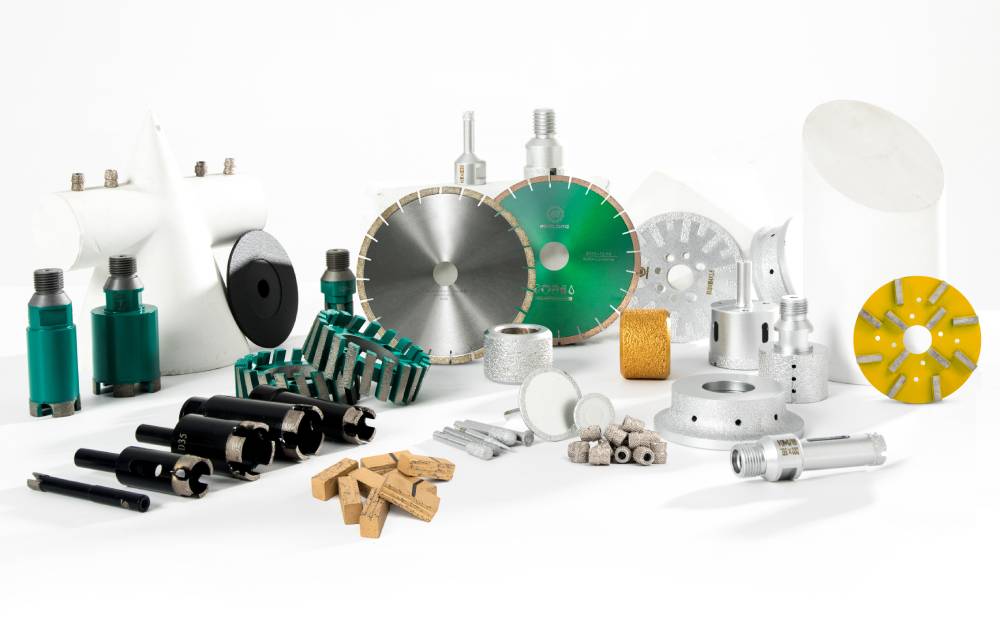Among all kinds of natural stones, because granite has a mottled color, a pattern of Binfen, and a certain degree of hardness and wear resistance, it is recognized by the construction industry all over the world as an excellent construction and decoration material.
In addition, granite also has the advantages of small linear thermal expansion coefficient and adherence to high surface finish, so it is also an aspirational material for making a high degree of measurement base surface. Therefore, the international granite stone processing industry is developing very rapidly.
In the past ten years, stone manufacturers in various countries have previously studied many technical methods to strengthen the production power of granite stone processing and improve the quality of granite polishing.

Any stone must be ground and polished to meet certain appearance quality requirements, and the abrasive and technology used should be selected according to the source of the stone.
Currently, there are two ways to polish granite:
1. Use loose abrasives mixed with liquid forest or ointment to form a polishing suspension or polishing paste as a polishing agent and add it to the abrasive or workpiece for polishing with an appropriate device. The abrasives used include diamond micropowder, silicon carbide micropowder and white corundum micropowder, etc. .Different abrasives should cooperate to choose abrasives with different raw materials. When using silicon carbide abrasives, gray cast iron abrasives should be used. When using diamond abrasives, it is best to use tin-plated abrasives.
2. Use bonded abrasives, that is, use diamond, silicon carbide or white corundum powder as abrasives and bonding agents to make abrasive blocks by sintering, plating, or bonding. Fix it to the grinding disc to make a polishing grinding head.
Small abrasive blocks are generally bonded with materials such as asphalt or sulfur, and large abrasive blocks are connected to the grinding disc with dovetail grooves. The bonding agents used to bond abrasives include metal bonding agents, resin bonding agents and chamotte bonding agents. Metal bonding agents It is used to make rough grinding and fine grinding grinding heads, and resin bond is used to make polishing grinding heads.
However, in recent years, it has also been used to make granite polishing grinding heads. The main disadvantage of making grinding heads with chamomile soil as a bonding agent is that they have poor moisture resistance, high consumption during grinding, and certain restrictions on grinding speed.
However, it has a wide range of raw materials, low prices, simple production technology, and smooth functions. It is conducive to improving the gloss of the processed surface. Therefore, its application in the stone industry is worthy of further study.

 WANLONG
WANLONG
